BNA Annual General Meeting 2025
1st April 2025
Contents |
 Thanks to the support of The Company of Biologists, we are pleased to offer financial support to make it easier for delegates to avoid travelling by plane, and instead opt for greener modes of travel. 10 awards of up to £100 will be made to successful applicants to support the difference in cost between plane and other travel options.
Thanks to the support of The Company of Biologists, we are pleased to offer financial support to make it easier for delegates to avoid travelling by plane, and instead opt for greener modes of travel. 10 awards of up to £100 will be made to successful applicants to support the difference in cost between plane and other travel options.
These bursaries are specifically to enable BNA members who are attending the 2024 Festive Symposium to avoid flying to the meeting, and instead choose greener travel options. At present, flying typically costs less than other modes of transport, and so these grants are intended to cover the difference in cost and help overcome this barrier to being more green in our scientific endeavours.
Eligible applicants will receive up to £100 to cover the difference in cost between travelling to the event via plane and via alternative means.
Although the train is usually the most practical alternative to flying, other modes of transport will also be considered, e.g. shared car or coach, if evidence can be provided that this has a lower environmental impact.
The application deadline is 13th November 2024 (23:59pm GMT).
Eligibility:
Criteria:
Terms:
If you have any questions please contact office@bna.org.uk.
 Thanks to the support of the Guarantors of Brain, the BNA is awarding Carer Grants of up to £300 to help cover expenses associated with caring responsibilities and thereby enable participation in either BNA-hosted or external neuroscience events.
Thanks to the support of the Guarantors of Brain, the BNA is awarding Carer Grants of up to £300 to help cover expenses associated with caring responsibilities and thereby enable participation in either BNA-hosted or external neuroscience events.
These BNA-Brain Carer Grants are inclusive of different circumstances and varied caring responsibilities, and can be used to support the attendance of in-person or online events. They are simply intended to enable participation of neuroscientists in a conference, workshop, training or other activity that is of benefit to their research, teaching or career, which would otherwise be difficult or impossible due to their caring responsibilities.
Who are BNA-Brain Carer Grants for?
We appreciate that there are multiple ways in which people manage caring responsibilities and we welcome applications from a broad range of family systems.
It might be that parents of school age children apply for a grant to access a paid-for online learning programme for older children. Carers of younger children might want to access professional childcare. People may be caring for older relatives or neighbours, and need a professional carer to allow them time to participate in events. Preference will be given to those with younger children and/or extenuating circumstances.
To apply, please complete the form below. In order to complete this form, you will need to provide
What will BNA-Brain Carer grants support?
So long as you can provide a good case for why you need a grant to cover costs, it will be considered for funding. Such costs could include but are not limited to:
This grant cannot be used to cover costs which would be sustained regardless of whether or not the applicant attended the meeting or activity, e.g. food or medicine.
Who is eligible?
To be eligible for a BNA-Brain Carer grant you must meet the following criteria:
What information do I need to provide?
You will be asked to provide:
*Applications must be submitted 4 weeks in advance of the event.
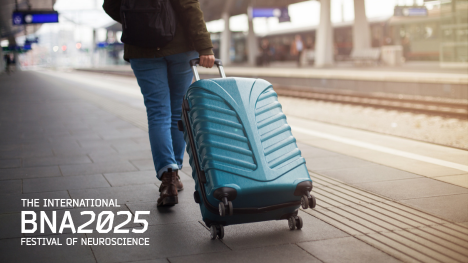 BNA members can apply for a bursary to support travel and/or accommodation costs for attending the BNA2025 International Festival of Neuroscience, 27th - 30th April, Liverpool.
BNA members can apply for a bursary to support travel and/or accommodation costs for attending the BNA2025 International Festival of Neuroscience, 27th - 30th April, Liverpool.
The application deadline is 31st January 2025 (23:59pm GMT).
We will notify applicants of the outcome by 14th February 2025.
Eligibility:
Criteria:
Terms:
If you have any questions please contact office@bna.org.uk.
The ALBA Network is offering travel awards of up to EUR 1,800 each to support early-career researchers from diverse backgrounds and scientific disciplines. These grants, supported by the American College of Neuropsychopharmacology (ACNP), are intended for those who wish to attend international neuroscience meetings and events scheduled between April 2025 and April 2026. This includes national and international conferences and meetings on topics related to neuroscience or brain research. Priority will be given to applicants from under-resourced countries and disadvantaged backgrounds. Each travel grant will be provided as a lump sum, which awardees can use to cover various expenses, including registration fees, abstract submission, travel, and accommodation.
Application deadline: 14 November 2024
Who is eligible?
You are not eligible to apply if you were awarded an ALBA Travel Award in 2023.
Who qualifies as an underrepresented person?
An underrepresented minority can be defined as an individual whose percentage of the population in a given group is lower than their percentage of the population in the country. At the ALBA Network, their definition of an underrepresented person in science is someone who identifies with one or more of the following:
What information do I need to provide?
Candidates are required to submit the following:
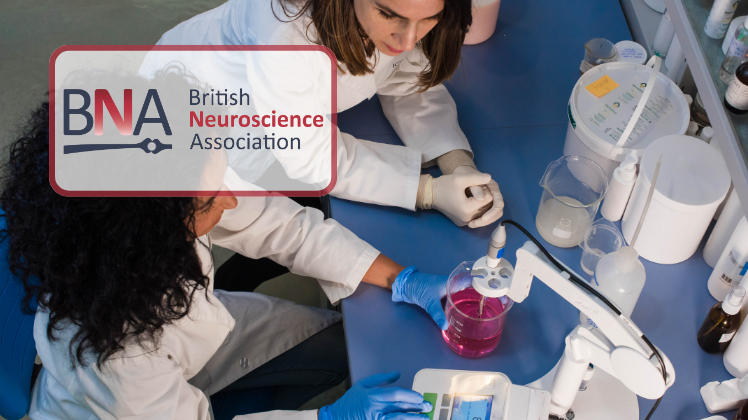 The BNA is pleased to support this scheme to encourage sharing, collaboration, acquisition of skills between neuroscience groups in the UK and other countries.
The BNA is pleased to support this scheme to encourage sharing, collaboration, acquisition of skills between neuroscience groups in the UK and other countries.
PhD students and Early Career Researchers* (ECRs) can apply for up to £600 to visit and work in a host laboratory. Additional costs can be met by other grants or department funds, or by applicants' own finances.
Exchange trips can be in either direction: from the UK to another country, or from another country to the UK.
The exact duration and nature of the placement should be determined by mutual agreement between the host lab and individual to suit their particular circumstances.
However, such placements would be expected to:
Eligibility
Applicants can NOT apply to carry out an exchange trip to an institution where they have previously studied or worked.
*The eligibility and definition of ECR is contained within the criteria listed under our ECR membership category. You may be asked to provide proof of your student or early career status, e.g., a photograph of relevant certificate, ID card, official letter or equivalent.
How to apply
A recommendation letter from a current supervisor or senior colleague who must also be a BNA member (350 words max) indicating name, affiliation, address, contact details;
Your curriculum vitae (maximum 2 pages) including education and degrees earned, current research projects/techniques used, publications/abstracts/presentations, and any other relevant information.
The BNA has a total budget of £3000 for this scheme per financial year, which runs from 1st October to 30th September. Once the £3000 has been used for any given financial year, we will not be able to fund any further applications until the following year (beginning 1st October).
*Please send accompanying information via email before the deadline: office@bna.org.uk.
 The Credibility bursaries support individual neuroscientists to develop skills, knowledge and experience that will enable them to make their research as robust, reliable, replicable and reproducible as possible. Thanks to the support of the Gatsby Foundation, we can offer travel bursaries up to £200 for postgraduates and ECRs.
The Credibility bursaries support individual neuroscientists to develop skills, knowledge and experience that will enable them to make their research as robust, reliable, replicable and reproducible as possible. Thanks to the support of the Gatsby Foundation, we can offer travel bursaries up to £200 for postgraduates and ECRs.
BNA Credibility Bursaries are one of the ways we are meeting committments of our 'Credibility in Neuroscience' manifesto. In particular, the bursaries are part of meeting committment two: Equipping all neuroscientists – regardless of career stage, location, research topic or specialist technique – with the skills, knowledge, tools and processes they need to carry out neuroscience research which will stand the test of time.
These bursaries are aimed at enabling neuroscientists to attend events and training specifically relating to credible research practices, such as reproducibility. These will not cover attendance for general neuroscience events without an explicit demonstration of how this will contribute to credibility in neuroscience.
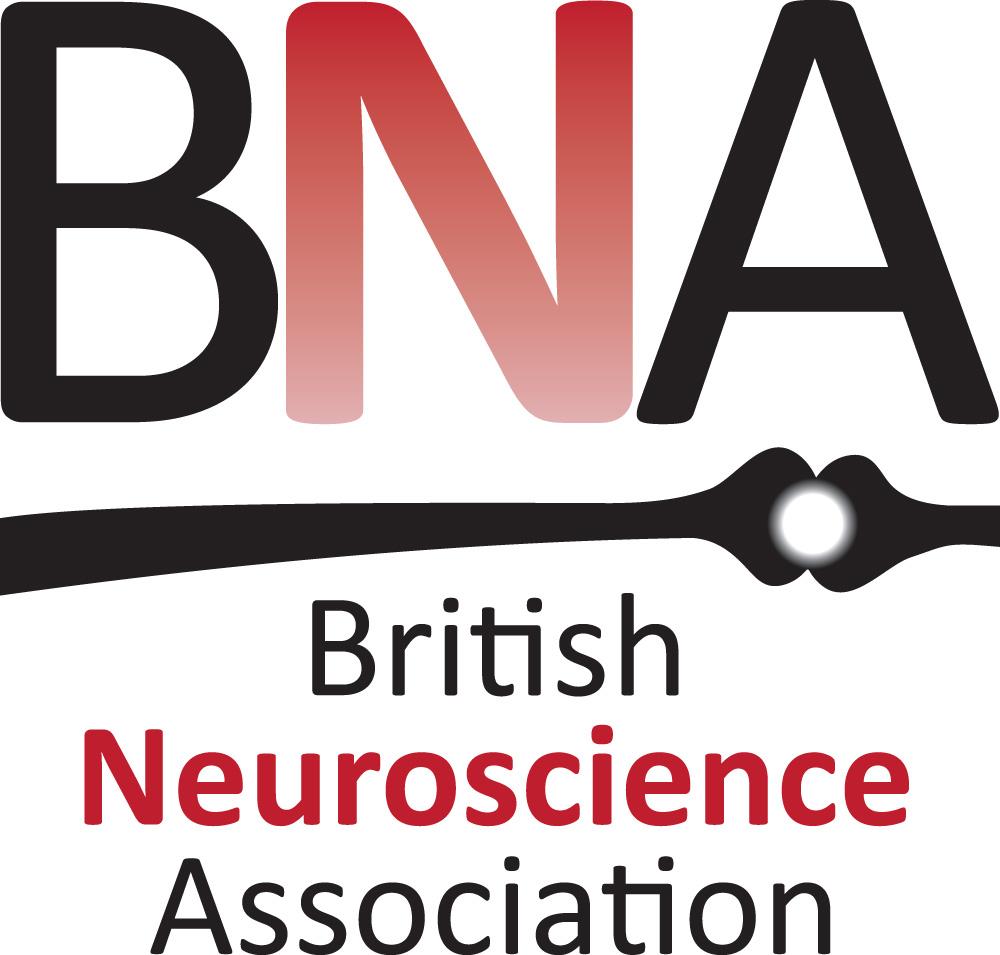 |
BNA travel award to attend the BNA Festivals of Neuroscience |
|
 |
Brain travel awards, £500-£1200 |
guarantorsofbrain.org |
 |
Grindley Grants Up to £500 |
eps.ac.uk/information-about-funding/ |
 |
FENS travel awards for meetings including FENS, SfN, and Brain Conferences | |
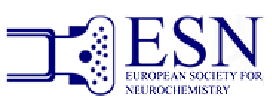 |
Usually offers awards to attend FENS |
neurochemsoc.eu |
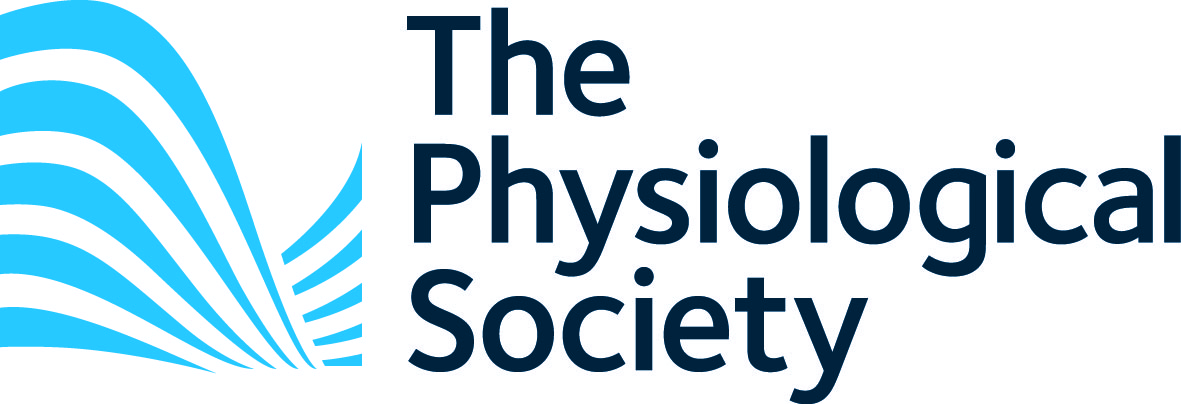 |
£100-£500 |
physoc.org/travel-grants |
 |
IEEE student travel grants | ieee.org/about/awards/student_travel_grants.html |
 |
SfN/FENS Awards to attend SfN /FENS meetings | https://www.sfn.org/sitecore/content/Home/SfN/Awards-and-Funding/Chapter-Grants-and-Awards |
 |
Anatomical Society Barclay-Smith Travelling Fund to attend Anatomical Society meetings | anatsoc.org.uk/Awards/GrantsandPrizes |
 |
Association for the Study of Animal Behaviour Conference Grants | asab.nottingham.ac.uk/grants/conference |
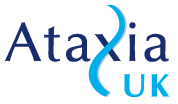 |
Ataxia: both travel and research grants | |
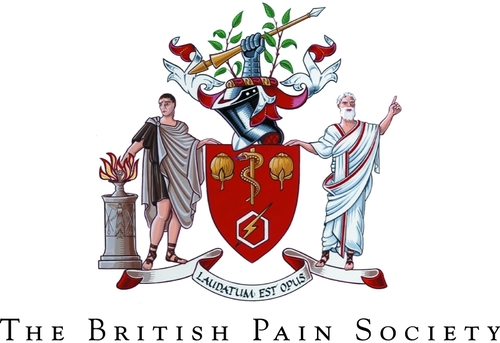 |
British Pain Society: Grants, awards and PhD's | https://www.britishpainsociety.org/about/grants-and-awards/ |
 |
BPS: a number of prizes & awards | |
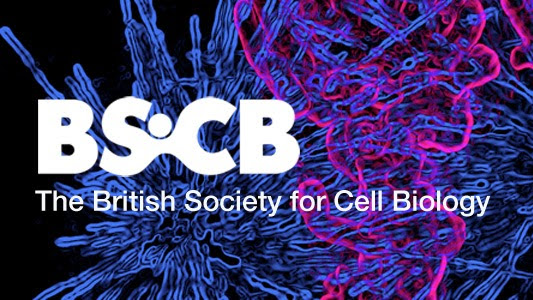 |
British Society for Cell Biology - a number of awards and funding | bscb.org/?url=meetings/undergradbursaries |
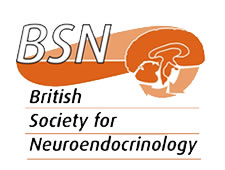 |
British Society for Neuroendocrinology Travel Grants, & other funding | https://www.neuroendo.org.uk/page.php?item_name=Grants+Panel |
 |
Carnegie Trust for the Universities of Scotland: different funding schemes to support Scottish students or attending Scottish Universities | carnegie-trust.org |
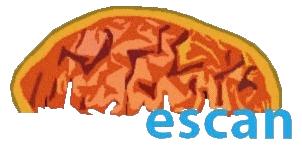 |
European Society for Cognitive Psychology | https://www.escop.eu/awards-en-funding |
 |
Experimental Psychology Society Study visits | eps.ac.uk/index.php/study-visit-grants |
 |
Genetics Society Junior Scientists' Travel Grants | https://genetics.org.uk/grants |
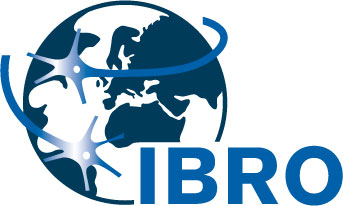 |
International Brain Research Organization grants | ibro1.info |
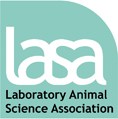 |
Laboratory Animal Science Association |
asa.co.uk/bursaries |
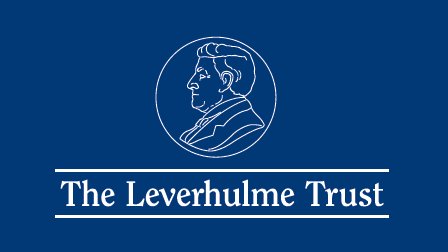 |
Leverhulme Trust Study Abroad Fellowships & other funding | leverhulme.ac.uk/funding/grant-funding |
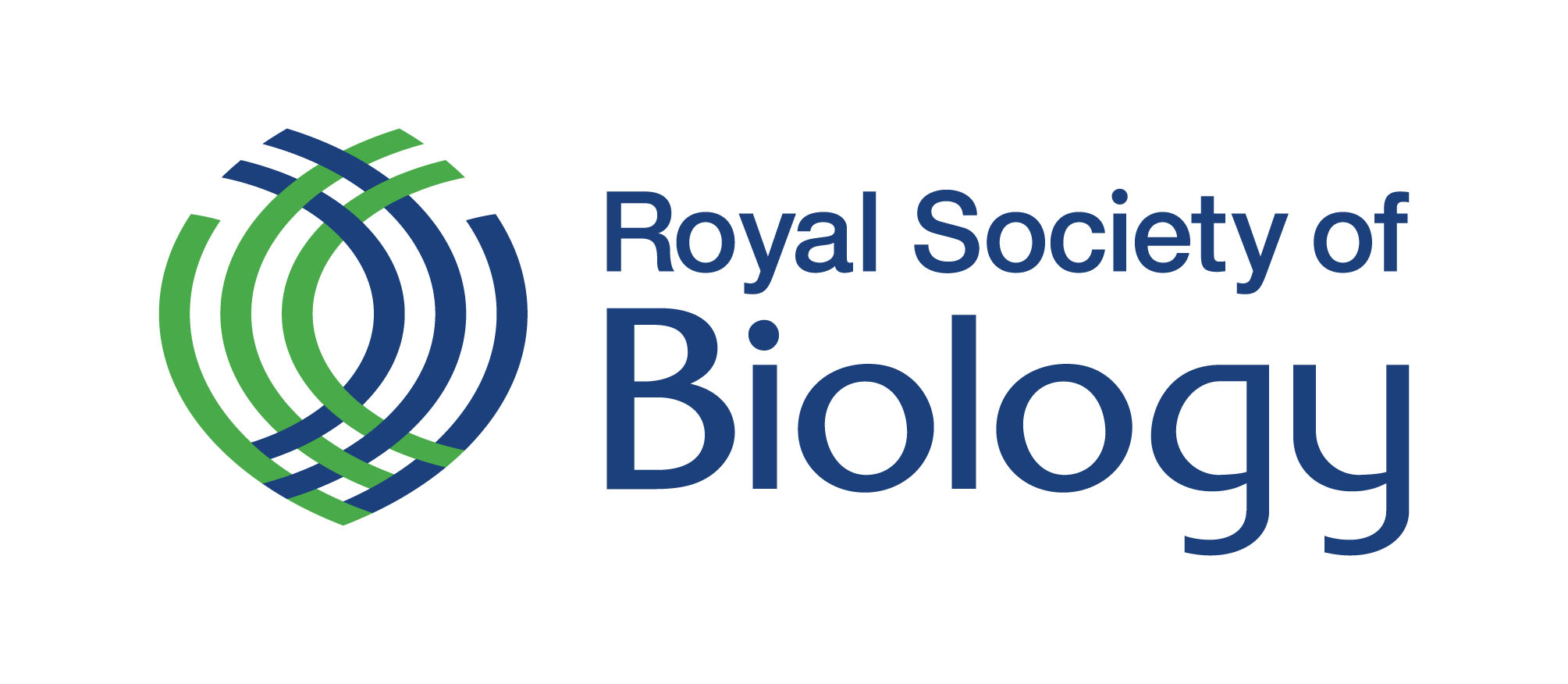 |
Royal Society of Biology student and early career member travel grants | rsb.org.uk/get-involved/grants/travel-grants |
 |
Society for Experimental Biology |
|
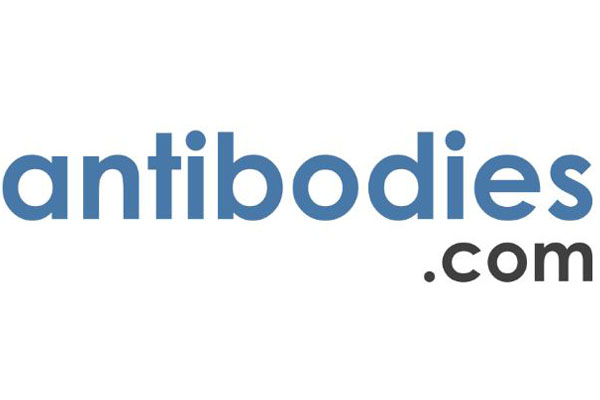 |
Antibodies.com | https://www.antibodies.com/travel-grants |